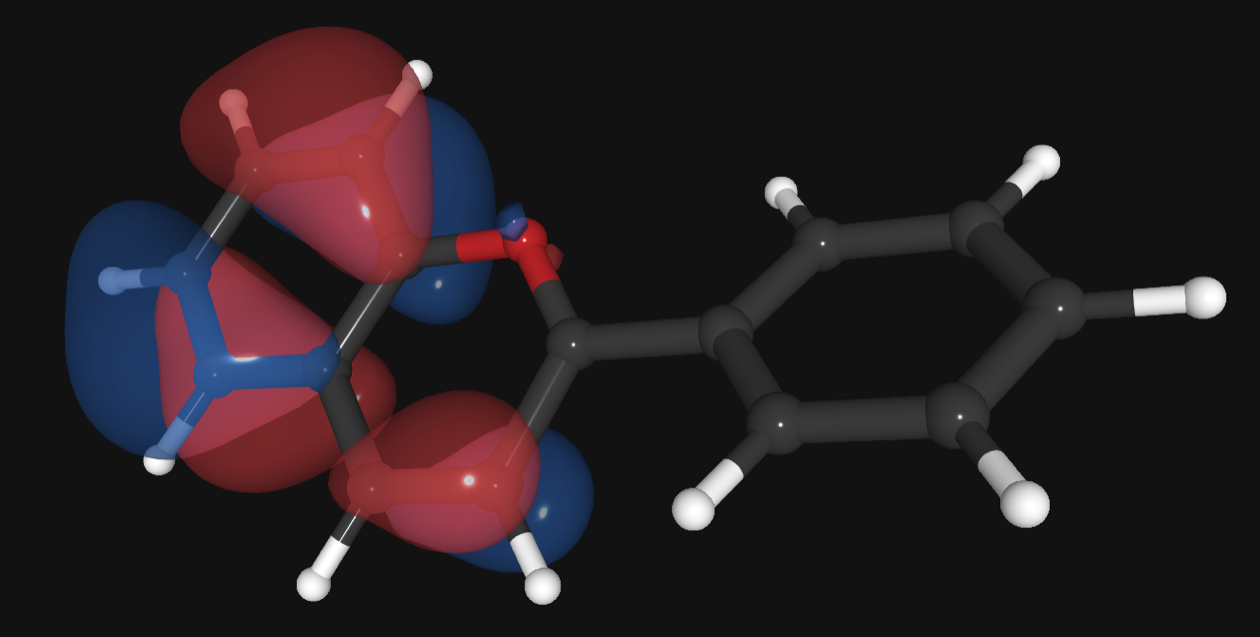Customize Your Research Paper on Quantum Chemistry at Chemical Engineering Congress 2023

Quantum Chemistry
Quantum chemistry, also called molecular quantum mechanics, focuses on the application of quantum mechanics to chemical systems, particularly the quantum mechanical calculation of electronic contributions to the physical and chemical properties of molecules, materials, and solutions at the atomic level. Is a branch of physical chemistry. These calculations include not only observable properties such as structural, spectral and thermodynamic properties, but also the ability to perform calculations while obtaining as much information as possible about the significant contributions to the calculated wave function. It contains systematically applied approximations designed to Quantum chemistry also deals with calculations of quantum effects on molecular dynamics and chemical kinetics.
Much quantum chemistry research focuses on studying the electronic ground and excited states of individual atoms and molecules, as well as the reaction pathways and transition states that occur in chemical reactions. Spectral properties can also be predicted. Such studies typically assume that the electron wave function is adiabatically parameterized by the nuclear position (that is, the Born-Oppenheimer approximation). A variety of approaches is used, including semi-empirical methods, density functional theory, Hartree-Fock calculations, quantum Monte Carlo methods, and coupled cluster methods.